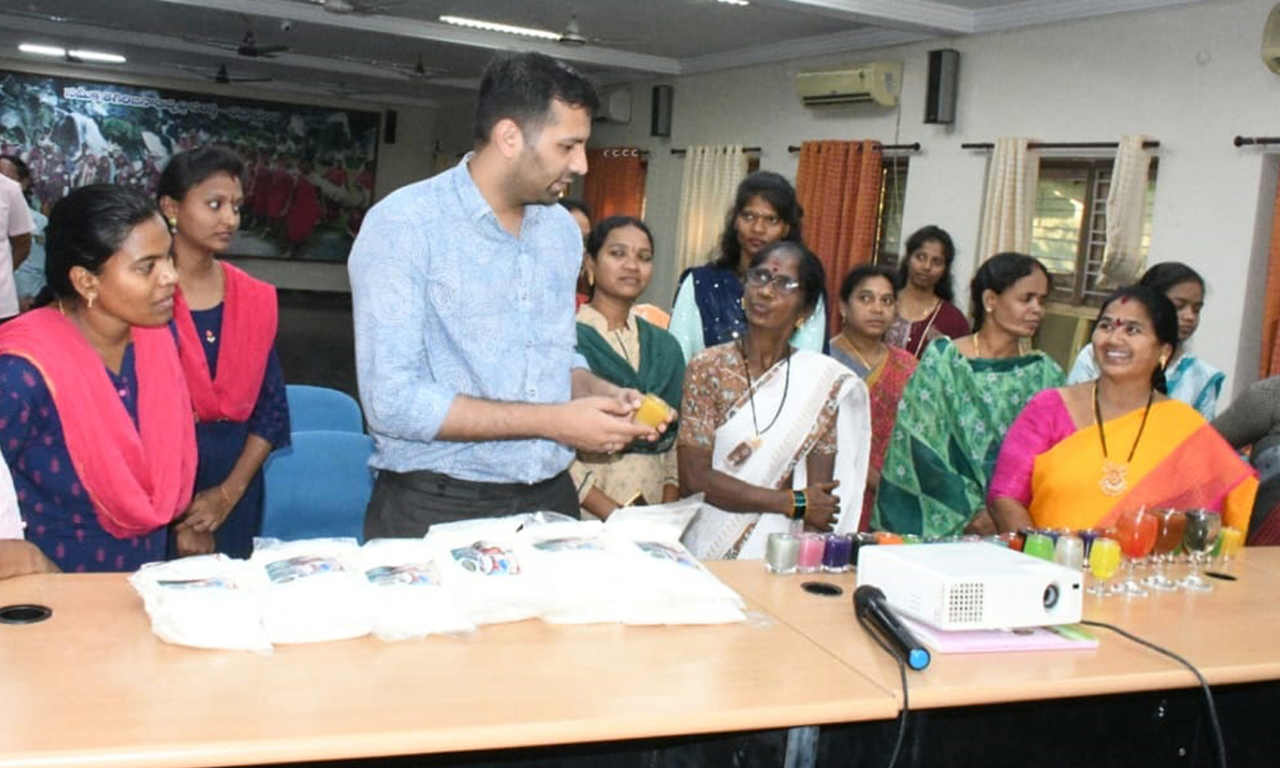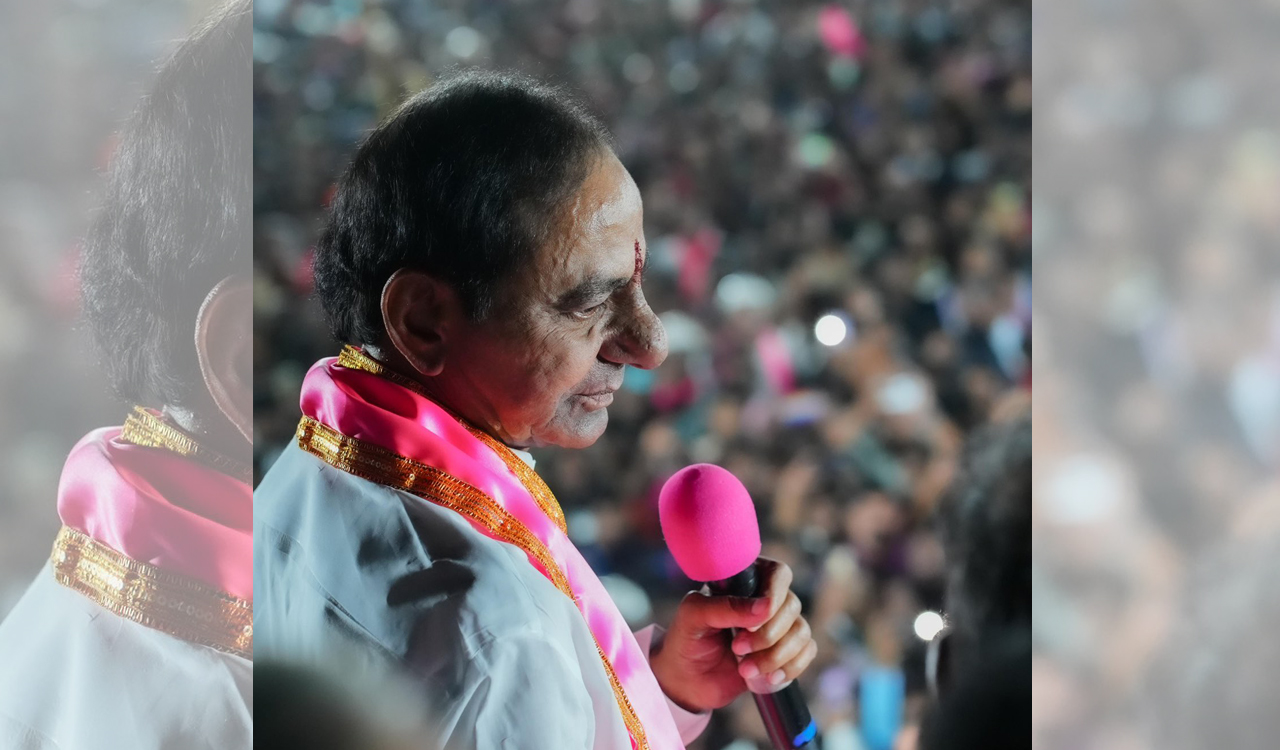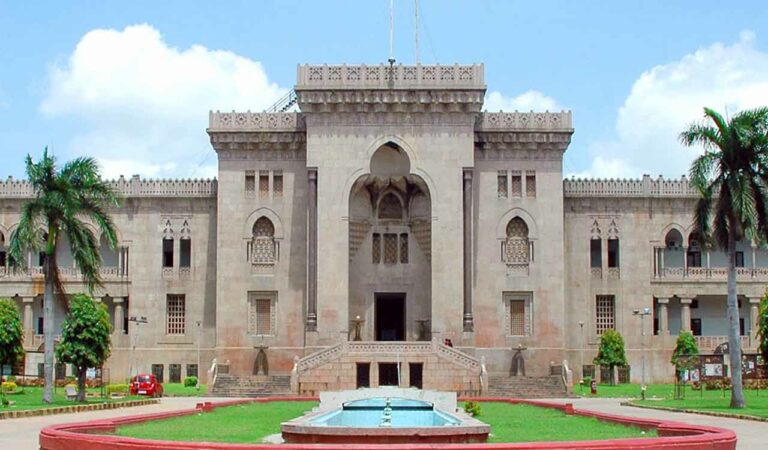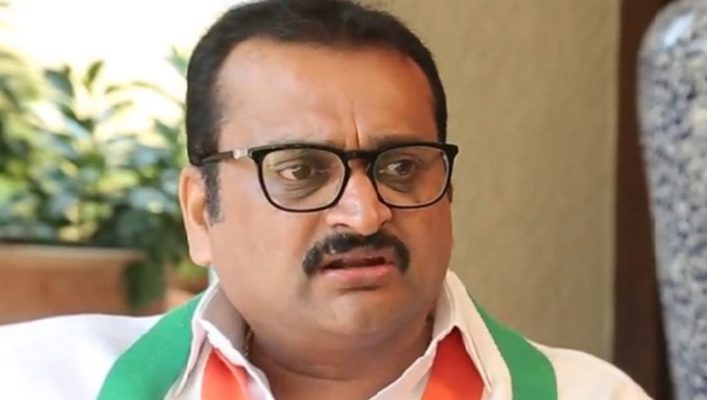
<!–
–>
The coercive system under PMLA has transformed the legal process into a form of punishment, rendering pre-trial detention entirely punitive
Published Date – 4 April 2024, 11:58 PM

By PavanKasturi
The Prevention of Money Laundering Act, 2002 (PMLA) has made headlines since its application, and has often been questioned and contested by politicians who allege its misuse. In fact, around 200 petitioners challenged the powers of specialised investigative agencies dealing with economic offences, with over 80 petitions focusing on the PMLA. Although the Enforcement Directorate (ED) is endowed with investigative authority, it is not categorised as a ‘policeagency’, since it has unique powers under the PMLA, including recording of the confessional statements. Further, powers extend beyond merely punishing money laundering offences to include preventive measures and asset attachment. Despite its mandate to probe economic offences under various legislations, it is not bound by the Code of Criminal Procedure Code, 1973 (CrPC), which provides a few procedural safeguards.
CrPC Safeguards
In 2022, in Vijay Madanlal Choudhary v. Union of India, several provisions of the Act were challenged before the Supreme Court. These included Sections 5 and 8(4), which granted extensive discretionary powers to the ED to seize accused property; Section 17, which permitted searches of suspected property without judicial approval, along with Sections 19 and 24, which reverse the presumption of guilt and presume accused guilty unless until disproved.
Additionally, Section 45 requires a primafacie demonstration of innocence for bail — a provision previously invalidated by the Supreme Court in NikeshTarachand Shah v. Union of India (2017). Lastly, Section 50, allowing the ED to compel accused to make self-incriminating statements under threat, faced criticism for violating the fundamental rights of the accused under Article 20(3) of the Constitution. Despite all these problematic issues, a three-judge bench of the Supreme Court upheld all the contested provisions. However, later in 2022, in Karti P Chidambaram v ED, the apex court allowed a review petition which is pending before it.
The Problems
A few problematic issues that make the PMLA a Frankenstein’s monster are: first, from a total of 5,906 cases registered as of January 31, 2023, only 24 trial cases resulted in conviction and there was only 1 trial case acquittal. The total number of confiscations stood at Rs 15,623.665 crore. This indicates that in only 25 cases trial has been completed.
Second, the transformation of the PMLA into a draconian law can be attributed to the 2012 retrospective amendment by the UPA government, where there was a dilution of its focus on serious crimes, particularly in terms of arrest and bail procedures. Originally the Act was intended to combat terrorist financing and drug money. However, due to the amendment, even cases under Section 420 of the Penal Code, which typically involve monetary transactions, can also be brought under the PMLA and be subjected to stricter bail conditions.
Third, the condition in Section 45, a drastic provision that turns on its head the presumption of innocence ie, the accused is presumed guilty until proven not guilty, is not only against our constitutional and criminal jurisprudence but also against the Financial Action Task Force (FATF) which is an international organisation tasked with establishing worldwide guidelines for anti-money laundering where India attained observer status in 2006 and has since been striving to achieve full membership.
More importantly, India is a signatory to the Universal Declaration of Human Rights, and the International Covenant on Civil and Political Rights also mandates to presume the accused to be innocent until proven guilty.
Fourth, in 2017, the Nikesh Tarachand Shah case found Section 45(1) unconstitutional not due to inherent issues with the twin bail conditions (accused must prove primafacie that they were not guilty, and satisfy the court that they will not commit any further offence), but because the provision had the scope to be applied for non-money laundering offences as well which was possible after the 2012 amendment. However, the amendment in 2018 made PMLA a truly unbridled horse — it removed the entire classification of offences where the stringent bail conditions were previously applicable for offences above 3 years of punishment.
Fifth, the Supreme Court’s persistent legal stance leans towards endorsing the state’s complete authority to curtail individual liberty without establishing any safeguards whenever the state deems it to be a compelling interest. Even the above two decisions justified the conditions that reversed the presumption of innocence as a compelling state interest in addressing such crimes, thereby asserting that the shifted burden was essential to combat all money laundering whether grave or small. The problem exactly lies in this where all the alleged instances of money laundering are considered extremely serious and significantly tightens bail conditions.
Sixth, the arrest of incumbent Chief Ministers from Delhi and Jharkhand highlights a stark reality – the ED has been wielded as a tool of suppression throughout the present administration – targeting predominantly opposition parties, especially before elections. Of the 121 political leaders investigated, 115 were from the opposition. The stringent and unjustly coercive system under the PMLA has transformed the legal process into a form of punishment, rendering pre-trial detention entirely punitive.
The arrest of incumbent CMs of Delhi and Jharkhand highlights a stark reality – the ED has been wielded as a tool of suppression
Silent Pillars
The issues at hand not just revolve around the extensive discretionary powers granted to specialised investigative bodies such as the ED, where it can be used for practically targeting anyone but silence from other pillars of the state, notably the Election Commission. The nation with its eyes wide open is looking at the Supreme Constitutional Court, the sentinel of the quivive (on the alert), to cage the wolf that is speaking in its master’s voice.
The top court needs to establish guidelines to limit the powers exercised by the ED which uses them under the pretext of serving the state’s compelling interests. The rulers must also take heed – the power’s fleeting flame does not burn eternal, nor remain. The laws used to cast their might, once the time’s wheel spins and fortunes wane, they may regain what they sow.
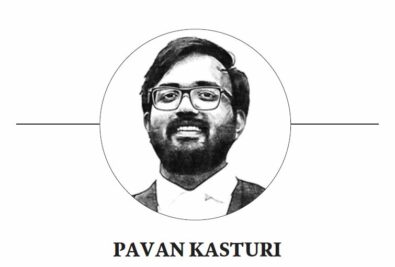
(The author is a Research Fellow at the University College of Law, Osmania University and Advocate in the High Court of Telangana)
<!–
–>
Source | Powered by Yes Mom Hosting

